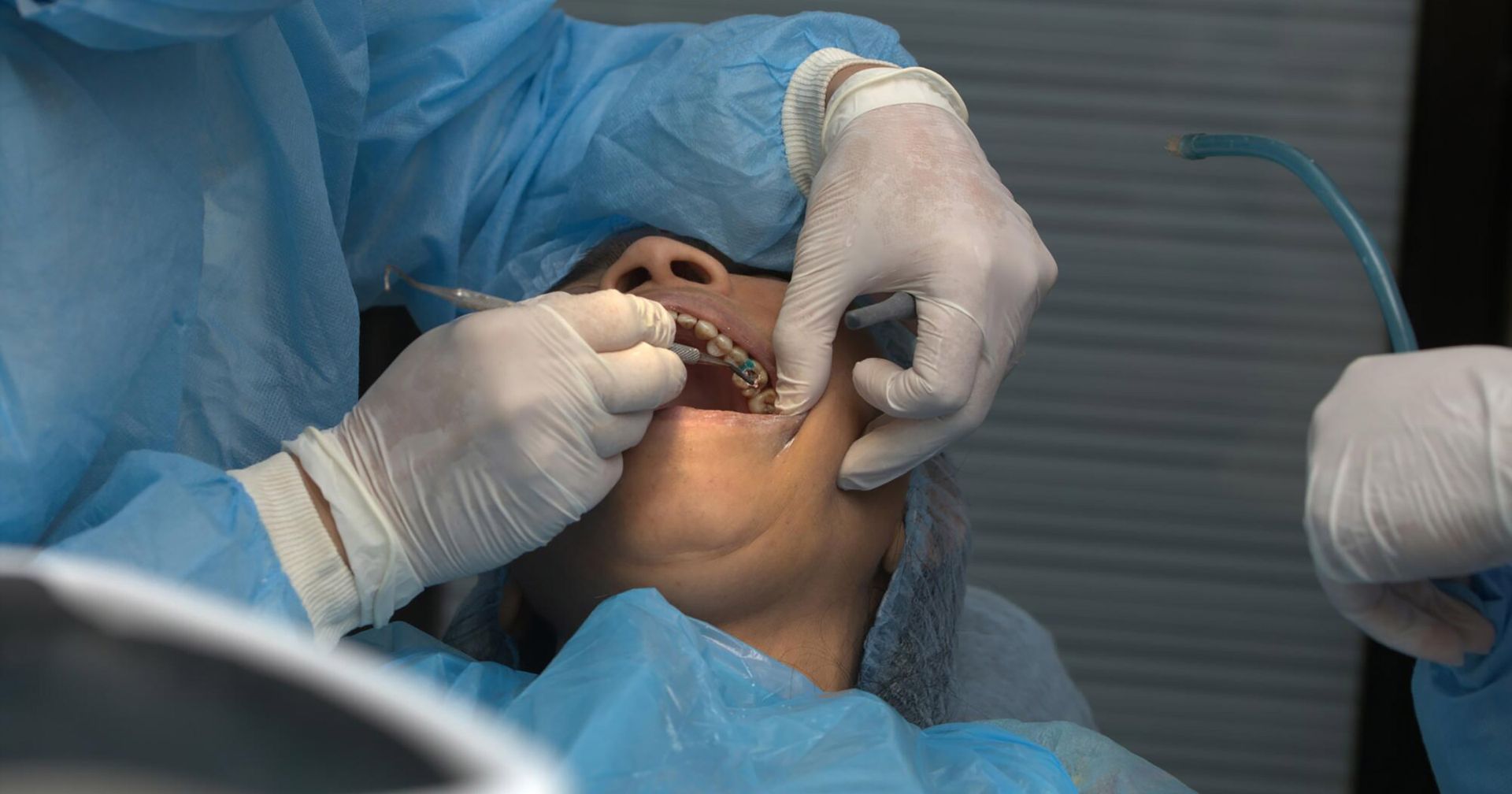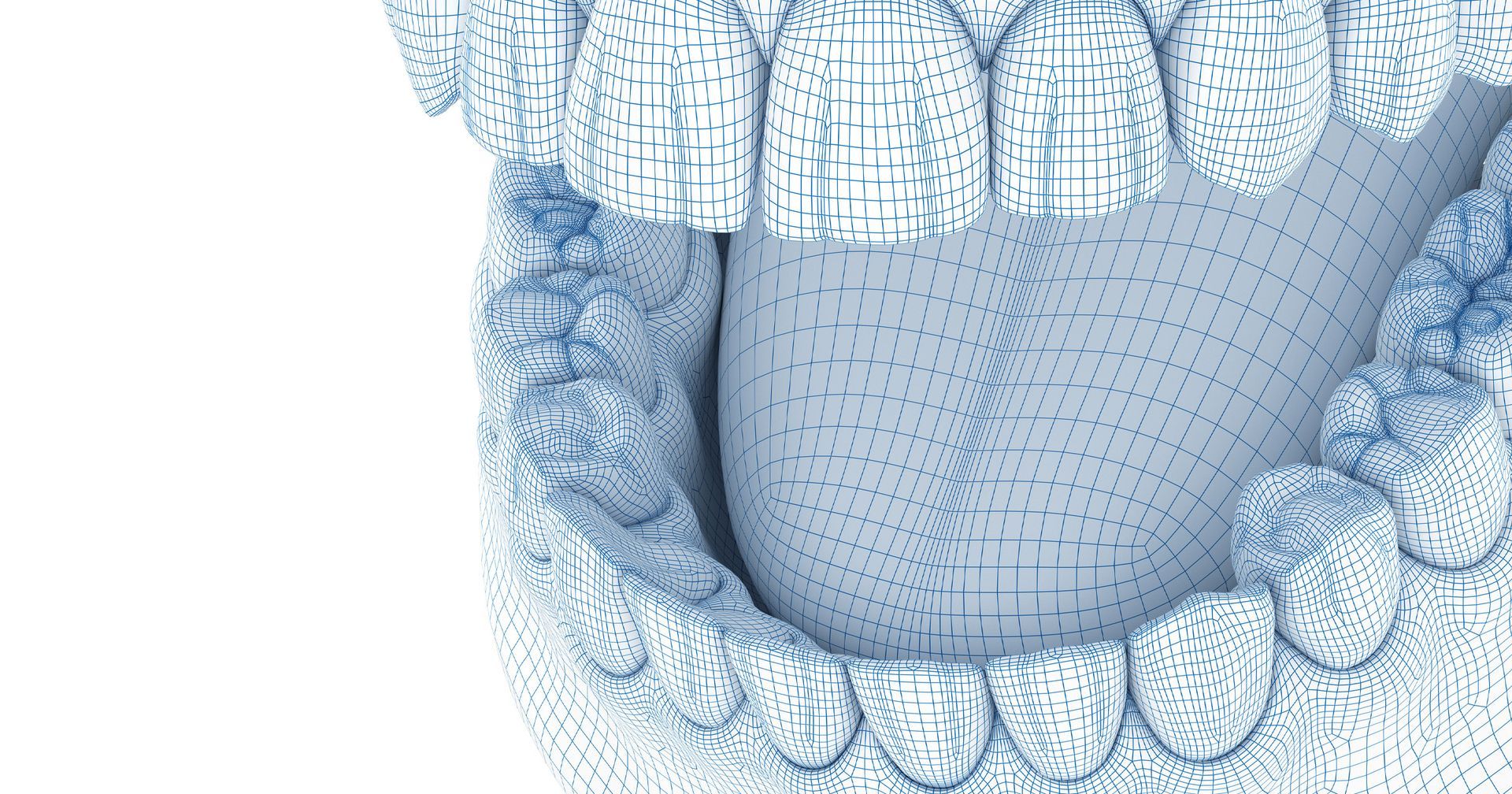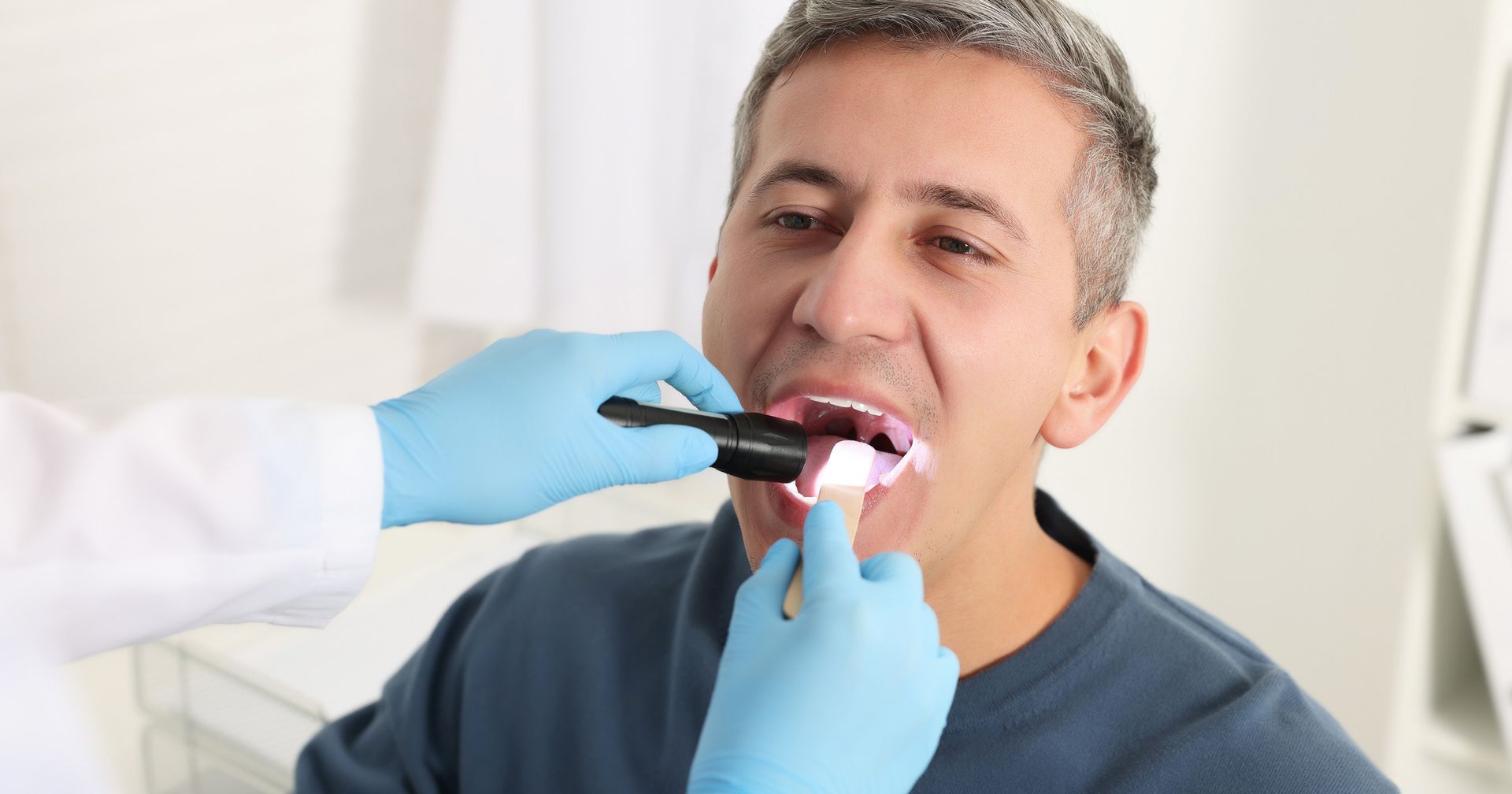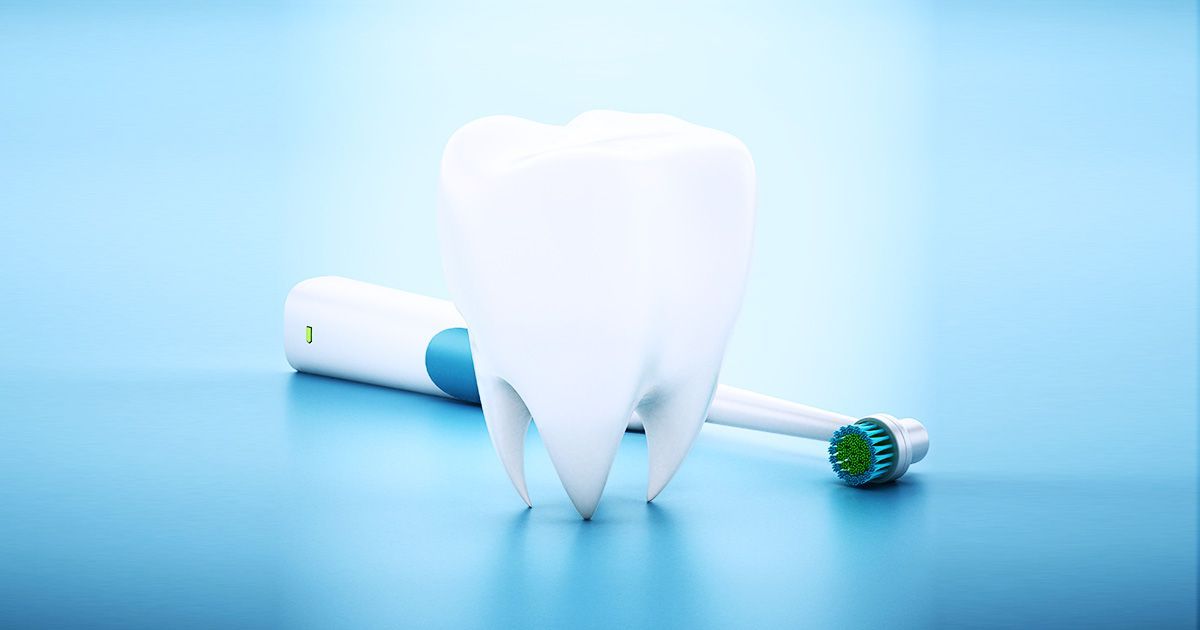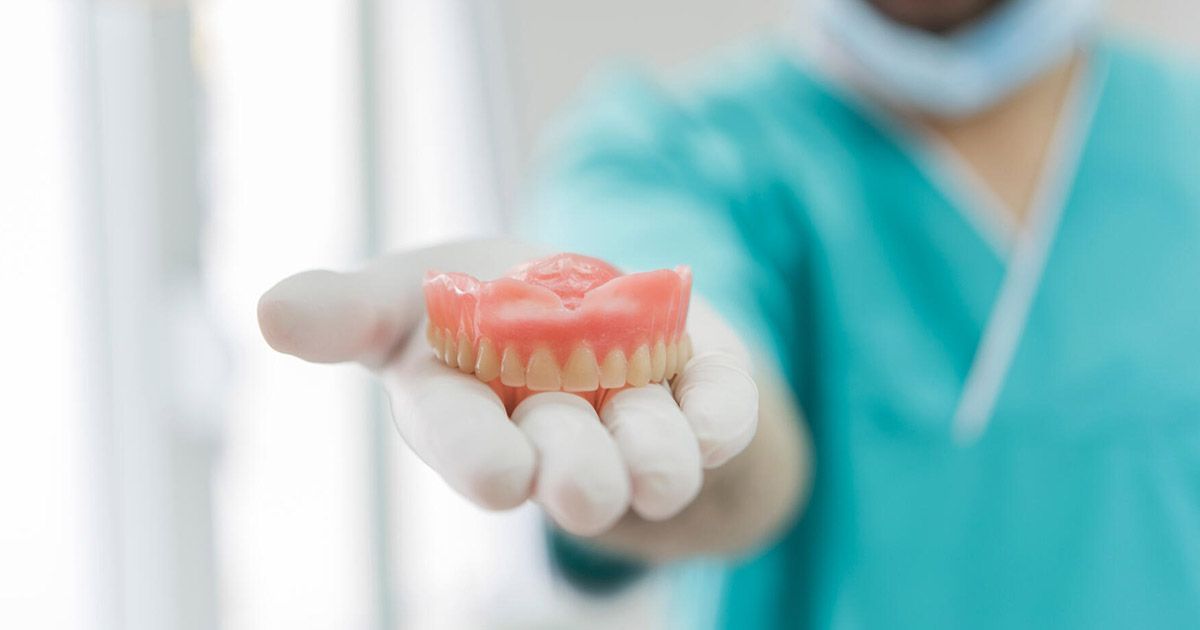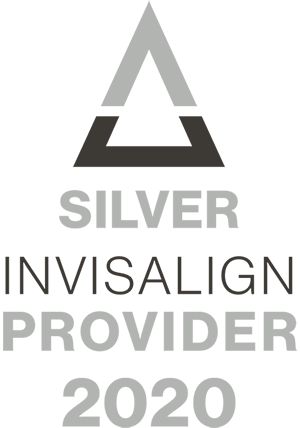Signs You May Need Oral Surgery for TMJ Disorders
Do you wake up with a sore jaw or frequent headaches? You might be dealing with a temporomandibular joint (TMJ) disorder.
According to a 2024 report from the National Institute of Dental and Craniofacial Research, TMJ disorders affect 5% to 10% of Americans, and women are affected twice as often as men. Left untreated, TMJ disorders can worsen and disrupt your everyday life.
If you're experiencing jaw pain, clicking sounds, or trouble chewing, you might wonder whether oral surgery for TMJ disorders is the right next step. Let's explore the red flags that signal the need for surgical care and how our solutions can help restore function and comfort.
What Are TMJ Disorders?
The temporomandibular joints connect your jawbone to your skull. When these joints don't function properly, it leads to a range of symptoms known as TMJ disorders (TMDs).
TMDs can be caused by:
- Arthritis
- Injury
- Teeth grinding
- Poor dental alignment
Common TMJ disorder symptoms include:
- Jaw pain or tenderness
- Clicking, popping, or grating sounds
- Facial pain or headaches
- Difficulty opening your mouth wide
- Locking of the jaw
- Pain while chewing
While conservative treatments often help, some people may require oral surgery to resolve chronic or severe symptoms.
When Conservative TMJ Treatments Aren't Enough
Most patients start with non-invasive treatments like physical therapy, night guards, and medications. But if your symptoms persist after several months, you may need a more advanced solution.
Oral surgery benefits include:
- Improved jaw alignment
- Reduced pain
- Restored jaw function
You may be a candidate for surgery if you:
- Experience persistent jaw locking or dislocation
- Have severe pain that limits eating or talking
- Show evidence of joint damage from imaging tests
- Have tried multiple treatments with no relief
- Struggle with joint deterioration due to arthritis
Types of TMJ Surgeries
Oral surgery for TMJ disorders isn't one-size-fits-all. Your treatment will depend on the severity and cause of your symptoms. A qualified provider, like the specialists at Dental Arts of Bedford, will help determine the most appropriate procedure.
Common surgical options include:
- Arthrocentesis: A minimally invasive procedure using fluid to clear joint debris
- Arthroscopy: Uses a small camera to diagnose and treat internal joint issues
- Open-joint surgery: Required when there is significant joint damage
- Joint replacement: A last-resort procedure involving artificial joint placement
Each procedure offers different benefits, but all aim to improve function and provide relief from jaw pain.
TMJ Symptoms That Shouldn't Be Ignored
Some TMJ disorder symptoms may seem minor at first, but they can escalate quickly. Ignoring these warning signs may lead to long-term issues like chronic pain or joint degeneration.
Be aware of these serious symptoms:
- Ongoing headaches near the temples or ears
- Sharp pain when opening your mouth
- Recurring earaches or ringing in the ears (tinnitus)
- Shifting bite or teeth misalignment
- Difficulty swallowing
The Connection Between TMJ Disorders and Restorative Dentistry
TMJ disorders often go hand-in-hand with other oral health issues. Missing teeth, worn enamel, or uneven bites can contribute to TMJ stress. That's where dentures, restorative dentistry solutions, can offer long-term relief and functionality.
Replacing missing teeth helps restore jaw balance and prevent overuse of one side of the mouth. Custom dentures and other restorative options, like crowns or bridges, can reduce pressure on the jaw joint.
When paired with TMJ treatments, restorative dentistry supports better healing and long-term wellness.
Who Is a Good Candidate for Oral Surgery?
If you've tried all other options, like dental appliances, physical therapy, and medication, but still suffer from debilitating symptoms, you may be ready for surgery. Ideal candidates for oral surgery include:
- Patients with severe joint damage confirmed by MRI or CT scans
- Adults with arthritis-related jaw degeneration
- Seniors who need dentures and also experience jaw locking or popping
- Individuals who cannot chew or speak comfortably due to joint dysfunction
Consulting with a restorative dentist and oral surgeon can help you determine the right care plan.
What to Expect From TMJ Surgery Recovery
Recovery varies based on the type of procedure. Arthrocentesis and arthroscopy involve shorter recovery times, often just a few days.
Follow-up care may include:
- Physical therapy
- A soft-food diet
- Follow-up exams to ensure full healing
Pairing your recovery with restorative dentistry services may be recommended to achieve a fully functional bite.
Oral Surgery Benefits: Why It's Worth Considering
Many patients fear surgery, but when conservative treatments fail, oral surgery can be life-changing. It can improve their quality of life and restore oral function.
Key oral surgery benefits include:
- Permanent jaw pain relief
- Fewer headaches and facial discomfort
- Prevention of further joint damage
- Better bite alignment and speech
Surgery isn't for everyone, but when needed, it can be the key to lasting comfort and confidence.
Why Older Adults and Seniors Shouldn't Wait
As we age, cartilage in the jaw naturally wears down. Seniors are more likely to need dentures and are also more prone to jaw dysfunction. TMJ surgery, combined with restorative dentistry, offers the dual benefit of replacing lost teeth and alleviating pain.
For older adults in Bedford, NH, seeking relief from jaw pain and complete oral restoration, it's essential to choose a provider with experience in both areas.
When to Consider Surgery: Let the Signs Guide You
Understanding when to consider surgery begins with tracking your symptoms. You should not wait for extreme pain or complete jaw locking to explore your options. Early intervention leads to better outcomes and fewer complications.
Talk to a professional if you:
- Hear persistent jaw clicking or popping
- Wake up with intense jaw or facial pain
- Notice increasing difficulty with chewing or speaking
- Have missing teeth and jaw pain together
An evaluation from a restorative dentist with surgical connections, such as those at Dental Arts of Bedford, can help guide your next step.
Interested to Learn More About Oral Surgery for TMJ Disorders
If you're experiencing symptoms that point to TMJ disorders, it may be time to explore oral surgery for TMJ disorders and full-mouth restoration.
At Dental Arts of Bedford, we prioritize your comfort, function, and long-term health. Our highly trained dentists and staff create a welcoming, honest environment that makes even the most anxious patients feel at ease. If you're searching for dentures and restorative dentistry solutions that make a difference, you've come to the right place.
Schedule an appointment today and discover how we can help restore your bite, ease your pain, and support your overall wellness.
